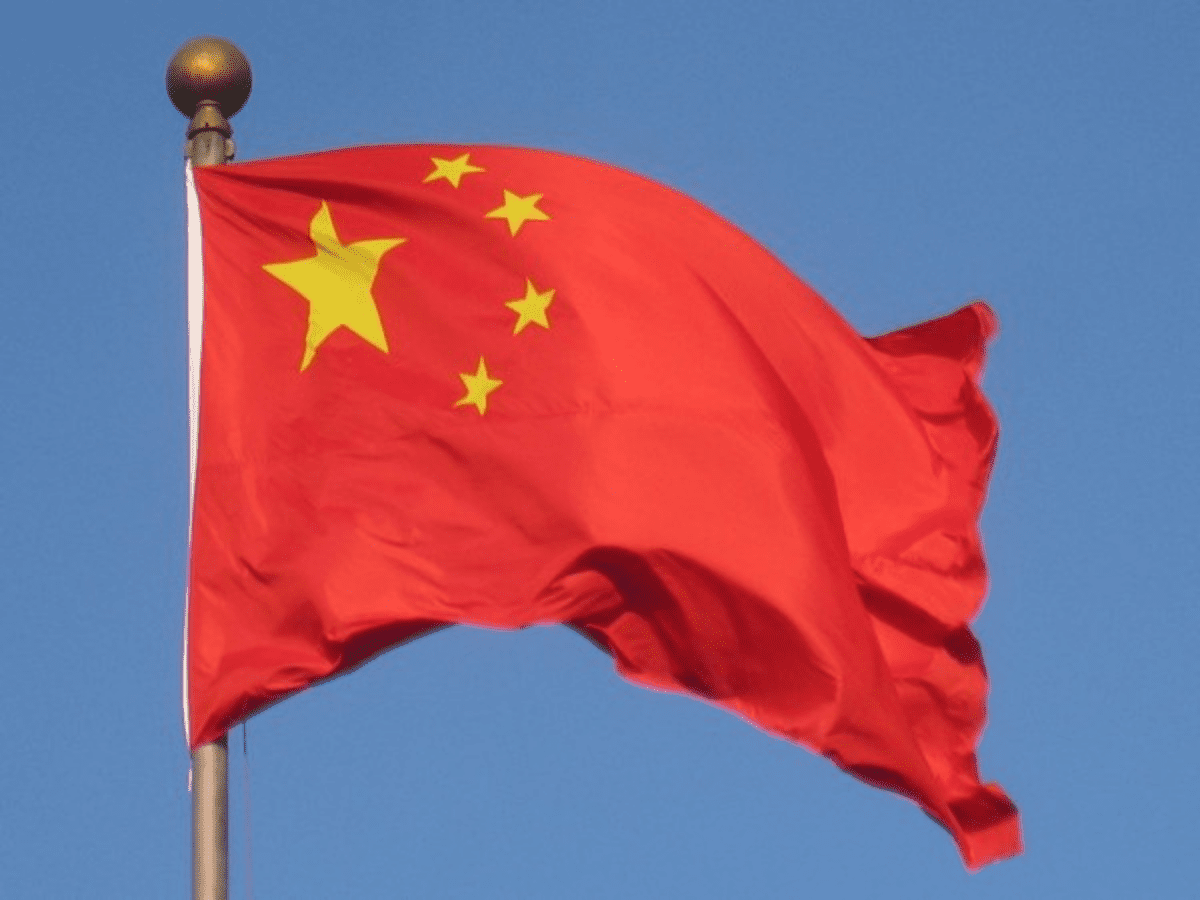
Beijing: China on Tuesday angrily retorted at the US call to Pakistan to seek debt relief from its all-weather ally Beijing to deal with the grim flood situation, saying that instead of passing “unwarranted criticism” against Sino-Pak cooperation, Washington should do something beneficial to Pakistani people.
“We send a simple message. We are here for Pakistan, just as we were during past natural disasters, looking ahead to rebuild,” US Secretary Antony Blinken was quoted as saying after talks with Pakistan Foreign Minister Bilawal Bhutto-Zardari in Washington.
“I also urged our colleagues to engage China on some of the important issues of debt relief and restructuring so that Pakistan can more quickly recover from the floods, Blinken said.
As per the official data, more than 1,600 people have been killed and over 33 million affected due to the massive floods since mid-June, leaving the government at the mercy of international support.
Reacting to Blinken’s comments, Chinese Foreign Ministry spokesman Wang Wenbin told a media briefing here that since the floods hit the country, China has rushed to Pakistan’s aid “as its genuine friend and brother in times of need” and provided 400 million RMB (USD 57 million) worth of humanitarian assistance.
“We will continue to do our utmost to help the Pakistani people overcome the floods and rebuild their homes at an early date,” Wang said.
“China and Pakistan have had fruitful economic and financial cooperation. The Pakistani people know it best. Instead of passing unwarranted criticism against China-Pakistan cooperation, the US side might as well do something real and beneficial for the people of Pakistan,” he said.
The US too has announced USD 57 million in aid for Pakistan, according to media reports.
In the last 10 years, China is reported to have invested over USD 28 billion in a host of projects under the USD 60 billion China-Pakistan Economic Corridor (CPEC), a flagship scheme under President Xi Jinping’s multi-billion-dollar Belt and Road Initiative.
India has objected to China over the CPEC as it is being laid through Pakistan occupied Kashmir (PoK).
After the floods hit Pakistan, Xi met Prime Minister Shehbaz Sharif at Samarkand, Uzbekistan on September 16 on the sidelines of the Shanghai Cooperation Organisation (SCO) and Pakistan Army chief Gen Qamar Javed Bajwa visited China and held talks with Chinese Defence Minister General Wei Fenghe on September 19.
However, besides the USD 57 million in aid from the government and civil society organisations, China maintained steady silence on Pakistan’s fervent appeals for financial assistance in view of the precarious financial situation.
Beijing too didn’t step in a big way during recent Sri Lanka’s acute financial crisis belying Colombo’s expectations of debt relief, though China has provided humanitarian assistance.
Recent reports said trouble is brewing between the all-weather friends with China increasingly getting critical of Pakistan’s failure in protecting Chinese workers who came under periodic attacks from the militant groups.
In April, three Chinese were killed in a suicide blast in Karachi University carried out by the separatist Baloch Liberation Army, which is opposed to China’s investments in Balochistan, accusing China and Pakistan of exploitation of the resource-rich region.
Some of the other attacks were also attributed to radical Islamic militant outfits in Pakistan.
With recurring attacks, China is reportedly pressing Pakistan to permit the Chinese agencies to provide security for their personnel which, according to press reports, Islamabad is resisting.
Beijing is also concerned over the acute financial crisis faced by Pakistan, prompting it to step in periodically to bail it out with the induction of foreign exchange loans.
According to Pakistan media reports, China is also concerned about the slow pace of progress of the CPEC projects. Chinese investors were also reportedly irked by Islamabad’s failure to honour its contractual obligations under the CPEC framework.



